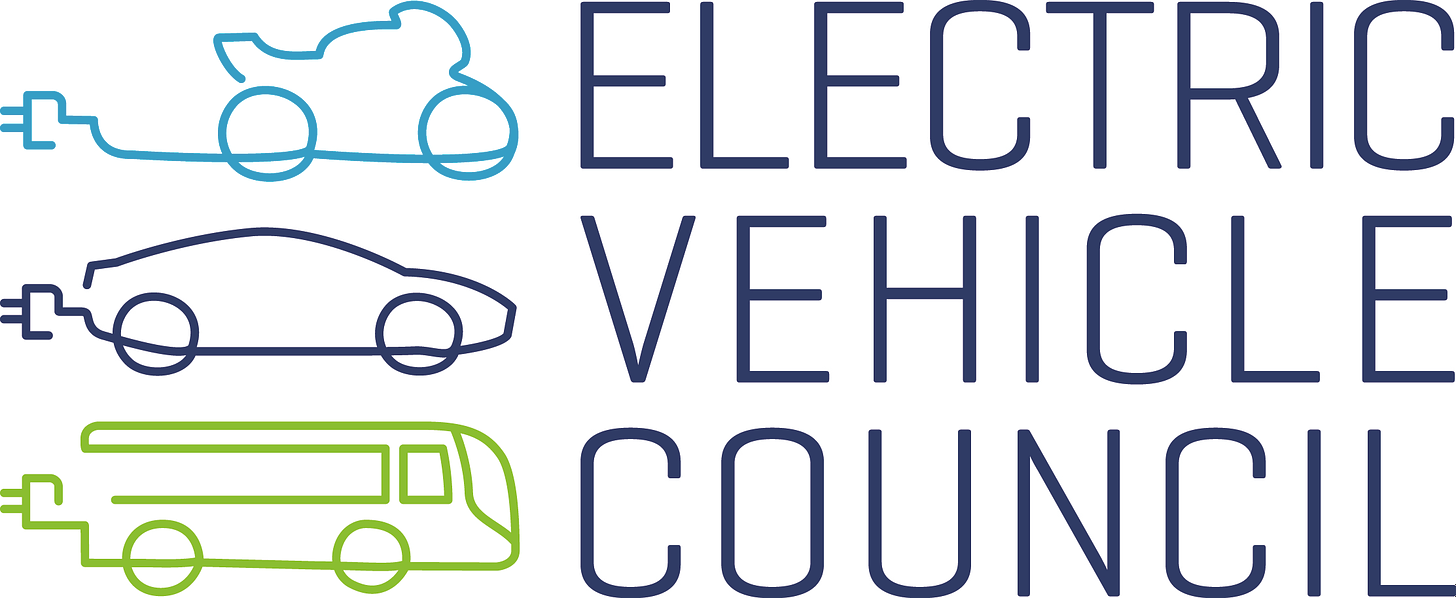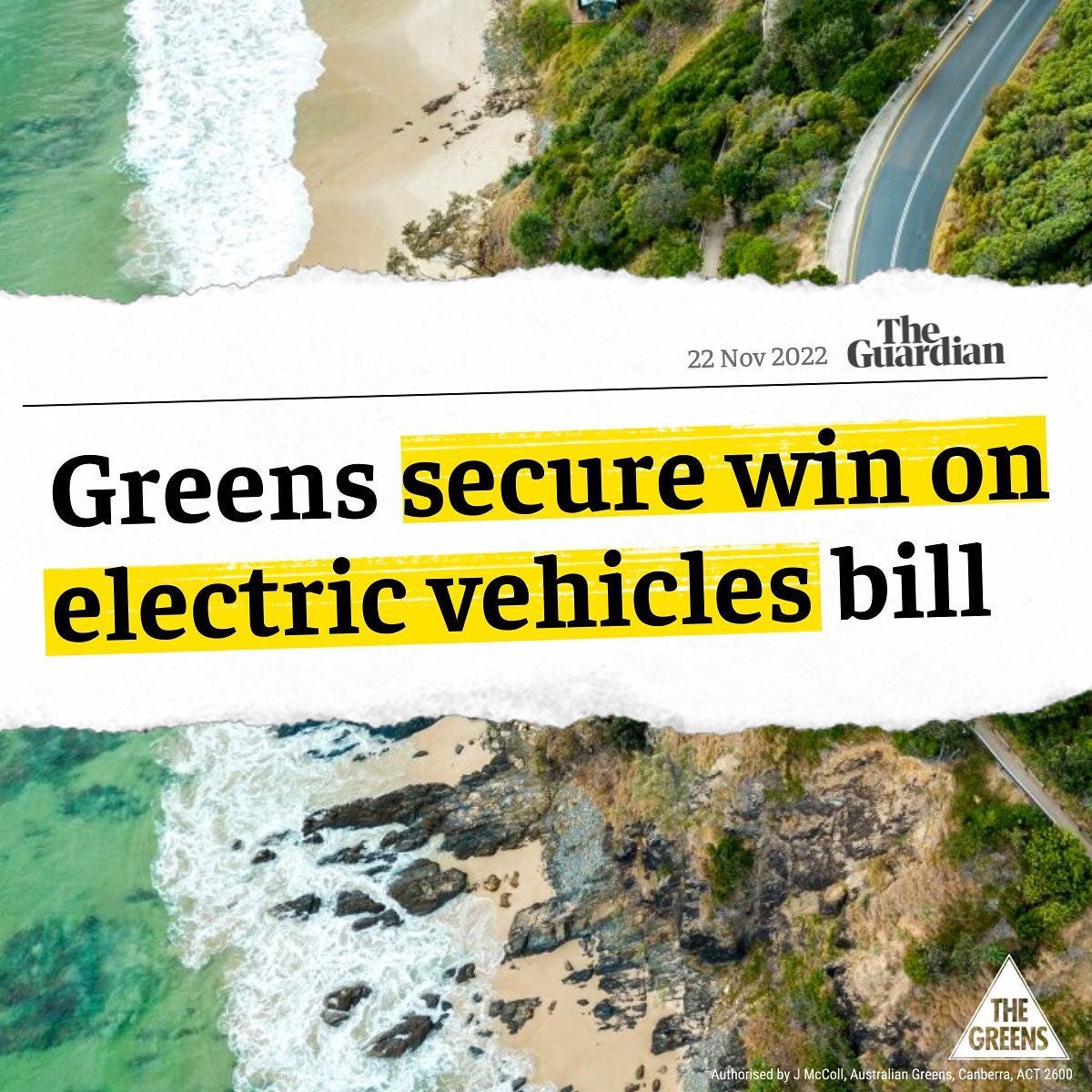New deal a landmark moment for EV policy in Australia
The Electric Vehicle Council has welcomed the deal reached between the government and Senate crossbenchers which will enable thousands more Australians to access the benefits of electric vehicles.
The scheme will exempt EVs from import tariffs and from fringe benefits tax, making the vehicles more affordable for employers to include in salary packages.
"This is a landmark moment for EV policy in Australia. It's a powerful demonstration of how far we've come in just a few short years," said Electric Vehicle Council chief executive Behyad Jafari.
"This bill will allow thousands more Australians to get behind the wheel of an EV where they can access the benefits of lower fuel bills, cutting pollution, and an enjoyable driving experience.
"Making new EVs easier to buy will turbocharge the creation of a strong second-hand market for EVs, which is vital for affordability.
"If the federal government combines this bill with new fuel efficiency standards we will soon see a market develop in Australia through which everyone will be able to enjoy the benefits of EVs.
"By achieving stronger EV uptake we will significantly lower Australia's carbon emissions and reduce our precarious dependence on foreign oil.
"On behalf of the electric vehicle sector I congratulate the government, and the crossbench senators, for striking this deal in the national interest."
Electric vehicles will become cheaper in Australia this year as part of a deal cut with the government by the Greens and Senate independent David Pocock.
“We’ve negotiated with the Government to get more affordable electric vehicles on the road sooner”, He said.
He said Petrol cars make up nearly 50% of our transport emissions, so the transition to EVs is crucial in fighting the climate crisis.
The agreement, made just one day before the Electric Car Discount Bill was due in the Senate, will cut taxes on eco-friendly cars, give battery electric vehicles priority in commonwealth fleets, and limit subsidies applied to controversial plug-in hybrid electric cars.





